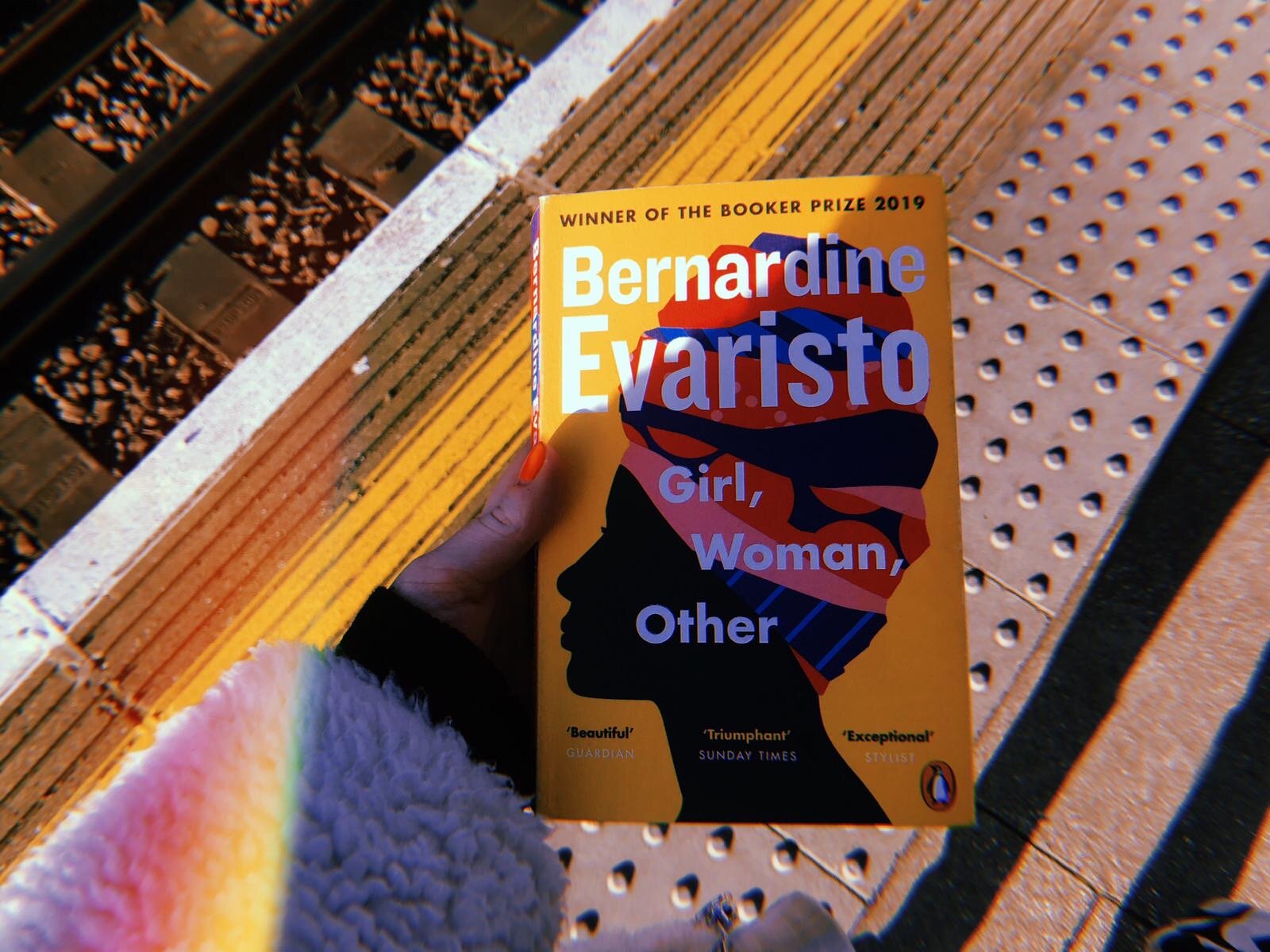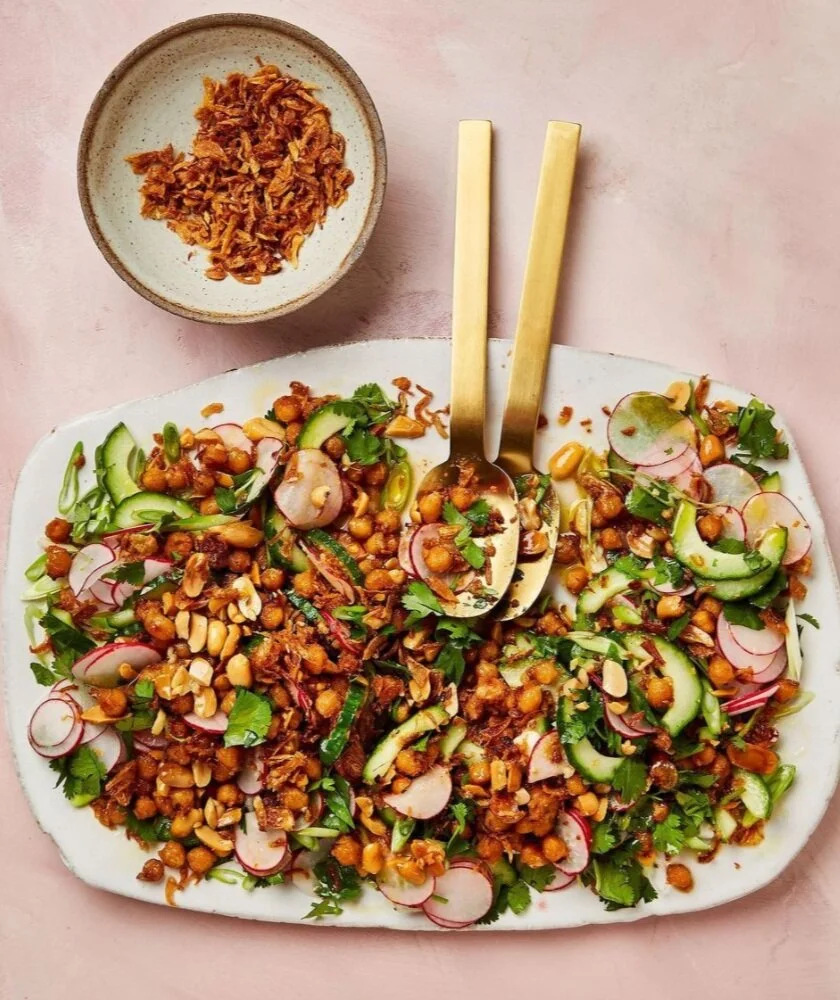Girl, Woman, Other by Bernardine Evaristo
“Privilege is about context and circumstance”
Girl, Woman, Other is an enthralling portrait of female experience. The novel follows 12 characters and most are black British women. Their stories overlap through their familial connections, friendships or through workplace networks, but each chapter focuses on a character and their individual story. Immense diversity is portrayed through these women, and it is through the difference in their experiences that Evaristo weaves such a rich tapestry of what modern Britain looks like. For many readers the world that Evaristo creates will be unfamiliar, but it is not fictional one; it is based on such astute truth that it will be hard to look at the world in the same way again after finishing.
Ultimately this is a novel about the black experience in the UK, but it is not exclusive in this; it touches heavily on transgenderism, race, femininity and masculinity, abuse, rape and sexism. The novel begins with the story of Amma who is a lesbian socialist playwright, her story binds the others’ together, and one of her plays is attended by many of the characters that you meet along the way.
The novel also follows Morgan who is non-binary, Shirley who is a long-time friend of Amma and a teacher, and Winsome who arrives from Barbados to an unhappy marriage in the UK. Through their problems and through their pain, we as readers are brought to feel empathetic for every single character despite initial responses to their personality traits. For example, one of the women we meet has three children all by different fathers, she was a bully at school, she works at a supermarket and it could be quite easy to look down on her because of her life choices. But as you read you see how much her fractured relationship with her father impacted her, you see how much men constantly abuse and belittle her, you understand why she makes the decisions she does, rather than just judging her for where she ends up.
Evaristo’s writing is pure, poetical genius. At first the lack of conventional grammar is jarring and admittedly it does take some getting used to. Many novels that have also made this attempt to break grammar norms have been unsuccessful. Conversely, Evaristo in her successful in her blend of poetry and prose – commas, full stops, sentence and paragraph breaks are all used sparingly and where they have the most power, not just because they ought to be used. One devastating passage describes a character being brutally raped at a party when she was in secondary school. As the writing flows lyrically, you feel the character’s pain amassing, with the final moments of her ordeal marked with a simple full stop:
“after minutes. or hours or days or years or several lifetimes had passed it stopped,
you were gagging for it, and by the way, you were great
then they were gone
and
so
was
she.”
Girl, Woman, Other confronts a host of issues and of socially relevant discussions, but instead of forcing opinions down readers’ throat, Evaristo appeals to your emotions instead. Through each character you will understand a different set of problems or different vulnerabilities and as a result even if you initially did not understand the character you will by the end of each chapter feel overwhelmingly empathetic to their personal struggle.
#FLODown: Sometimes the fact that a novel won a prize can be rather off-putting to the everyday reader, making the novel seem inaccessible or too challenging. Although Bernardine Evaristo was the joint winner of the Man Booker Prize 2019 for Girl, Woman, Other, in my opinion this is one of the most accessible prize-winning books that I have read. You will either love or hate the style in which it is written, but its power is undeniable.
Words by Mollie Kate Cohen











